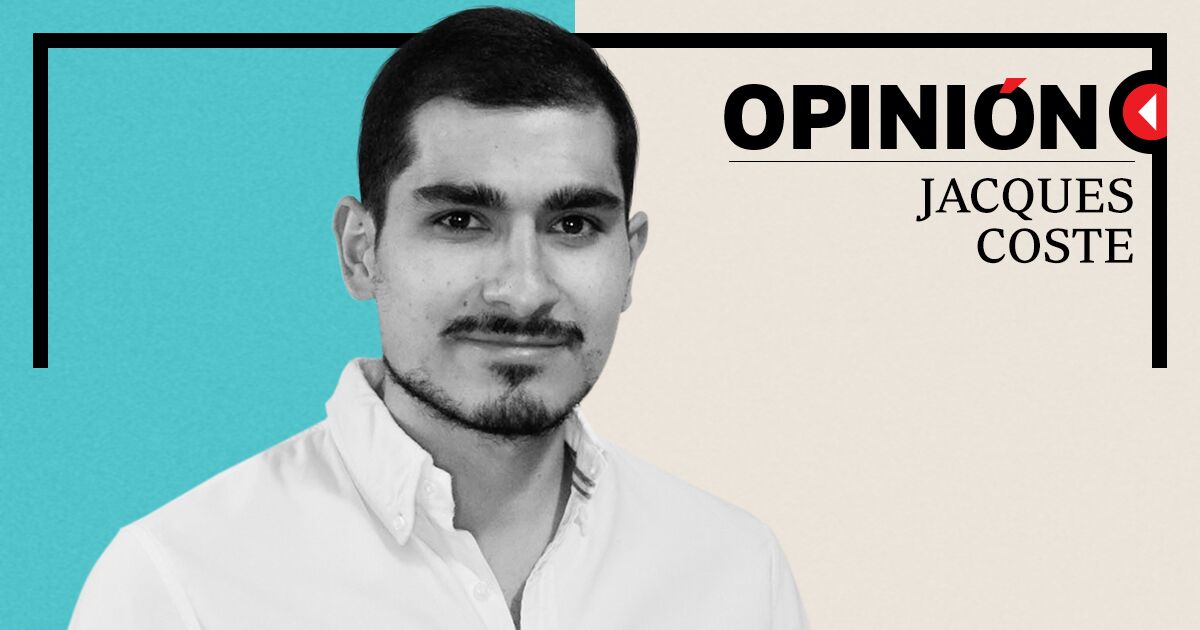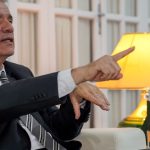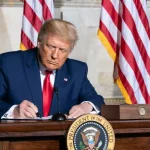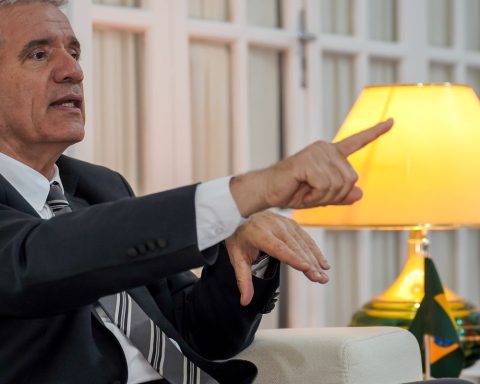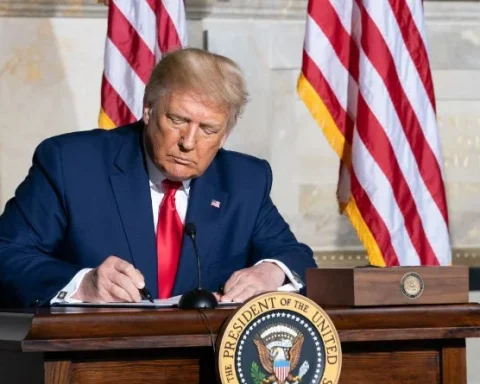It is worrying, however, that a large number of the legislators who opposed the reform echoed a discourse that the Armed Forces and their allies in public debate have been advancing for some time. According to this version, the military bodies are a poor victim of the “bad government” that abuses their loyalty and asks them to perform all kinds of tasks without having the legal and political support to do so.
For the promoters of this narrative, the Army and Navy are passive entities that resignedly accept all the tasks entrusted to them and carry them out with discipline and patriotism. However, the military leadership They are active agents of militarization: that is, they use various means to promote their interests and deliberately seek to expand the political, legal and economic power of the Armed Forces.
Military elites are not poor victims of “bad government,” but co-responsible for militarization, which benefits them in many ways: large budgets, lucrative public business, power to influence the design and implementation of public policies, broad frameworks of discretion and opacity, and a secure platform for making politics behind the scenes.
The Armed Forces are not monolithic. Not all commanders like militarization. For example, two retired military officers told me that they are worried that López Obrador’s militaristic policy, which Sheinbaum will continue, will have harmful effects on the armed forces.
Above all, they fear that the Armed Forces will become “denatured,” that is, that, by being employed in the construction of works, in the management of ports, airports and customs, in the administration of public affairs and social programs, they will lose their discipline, become more corrupt and divert attention from their central task: defending national sovereignty and territory. They also told me that they are worried that the divisions between the military leadership and the troops will become more pronounced, since while the former takes the advantage of managing public affairs, the latter takes “the burden of fighting organized crime.” Finally, they are concerned that López Obrador deliberately stoked the rivalry between the Navy and the Army to position himself as the faithful balance between the two, and they want Sheinbaum to correct this policy.
However, it cannot be ignored that the military leadership has actively operated in favour of militaristic policies. I repeat: military elites are not passive recipients of militarization, but active agents who mobilize to continue accumulating political weight, economic benefits, networks of discretion and guarantees of impunity.
For example, the Ministry of National Defense contributed to the design and political operation to approve the Internal Security Law that was enacted at the end of Peña Nieto’s six-year term. Although the Supreme Court struck it down, this law explicitly responded to a demand from the Army that needed to have “legal certainty” to carry out security tasks.
Another example: according to press reports, López Obrador’s change of heart regarding the arrest of General Cienfuegos for alleged links to organized crime in the United States in 2020 was due to pressure from the Army, which warned the president that not supporting the former Secretary of Defense could be unforgivable for the Armed Forces. According to press sources, after this political operation by the military leadership, López Obrador went from being happy about the capture of the general, which represented an example of the collusion of the old regime with organized crime, to diplomatically maneuvering for his release.
